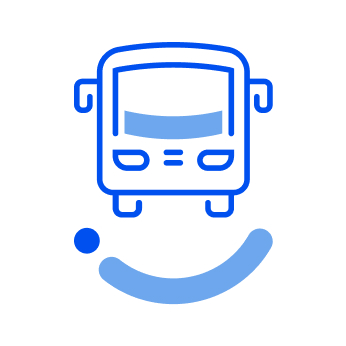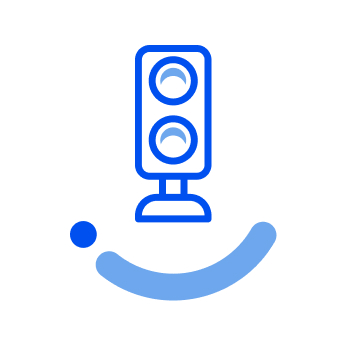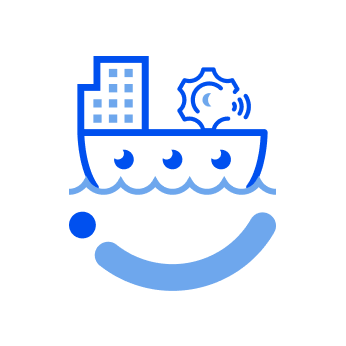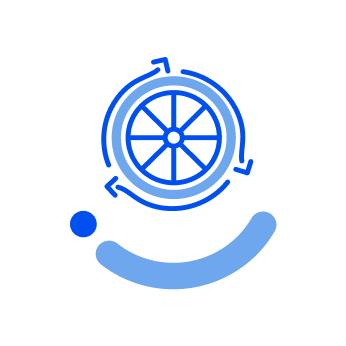
iRoute
Predictive maintenance and electric fleet management are new challenges for public transport. The iRoute use case exploits the e mobility-aware data governance framework using mobility analytics to drive strategic decisions and provide intelligent transportation services to the public and to local authorities.
iRoad allows for better performance in e-bus scheduling, monitoring and prevention of low battery problems, optimisation of maintenance and services and overall increased punctuality.


